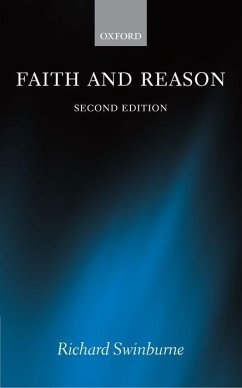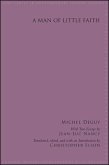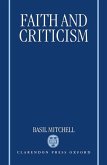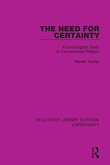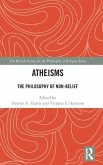While maintaining the same structure and conclusions as the original classic, this second edition has been substantially rewritten, both in order to relate its ideas more closely to those of classical theologians and philosophers and to respond to more recent views. In particular he discusses, and ultimately rejects, the view of Alvin Plantinga that the 'warrant' of a belief depends on the process which produced it, and John Hick's contention that all religions offer valid paths to salvation.
Richard Swinburne presents a new edition of one of his classic works on philosophical theology. Faith and Reason is a self-standing examination of the implications for religious faith of Swinburne's famous arguments about the coherence of theism and the existence of God. Swinburne analyzes the purposes of practicing a religion, and argues that religious faith requires belief that a particular creed provides the rationale for supposing that these purposes will be achieved. While maintaining the same structure and conclusions as the original, this second edition has been substantially rewritten, both in order to relate its ideas more closely to those of classical theologians and philosophers and to respond to more recent views.
Hinweis: Dieser Artikel kann nur an eine deutsche Lieferadresse ausgeliefert werden.
Richard Swinburne presents a new edition of one of his classic works on philosophical theology. Faith and Reason is a self-standing examination of the implications for religious faith of Swinburne's famous arguments about the coherence of theism and the existence of God. Swinburne analyzes the purposes of practicing a religion, and argues that religious faith requires belief that a particular creed provides the rationale for supposing that these purposes will be achieved. While maintaining the same structure and conclusions as the original, this second edition has been substantially rewritten, both in order to relate its ideas more closely to those of classical theologians and philosophers and to respond to more recent views.
Hinweis: Dieser Artikel kann nur an eine deutsche Lieferadresse ausgeliefert werden.

